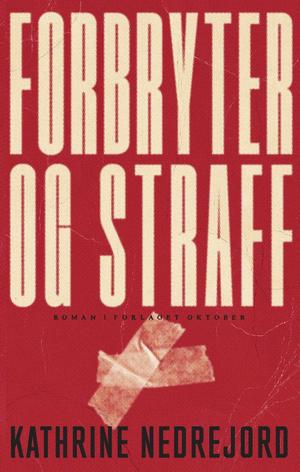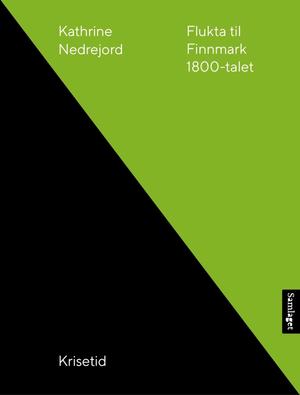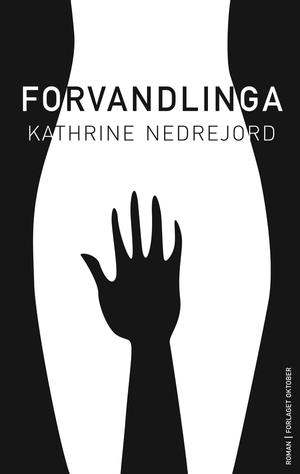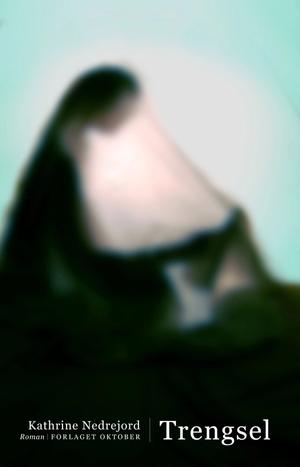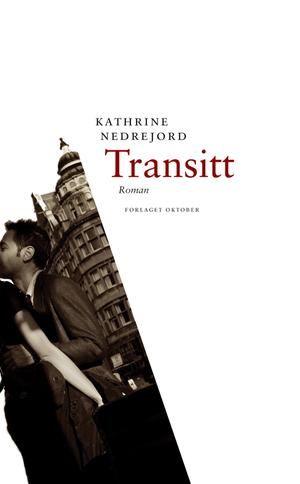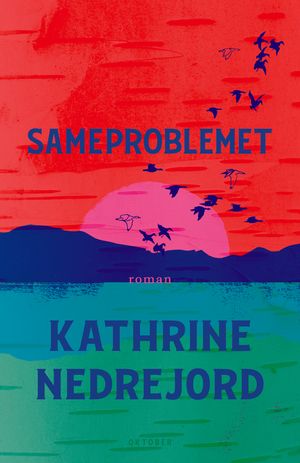
The Sami Problem (*Sameproblemet) (2024)
WINNER OF THE P. O. ENQUIST PRIZE 2025!
WINNER OF THE BRAGE PRIZE 2024!
WINNER OF THE YOUNG CRITIC'S PRIZE 2025!
WINNER OF THE OKTOBER PRIZE 2024!
NOMINATED FOR THE NRK LISTENERS' PRIZE 2024!
NOMINATED FOR THE CRITICS' PRIZE 2024!
NOMINATED FOR THE HAVMANN PRIZE 2024!
Marie has just become a mother for the first time. She lives in France, far away from her roots. When her áhkku – her mother’s mother – dies, she travels alone home to Finnmark, Norway’s northernmost county, to attend the funeral.
On her way back to her hometown, she decides to write áhkku’s story. It quickly turns into a story about the women in her family, about how oppression has marked the lives of her great-grandmother, her grandmother, her mother and herself, and about how her Sami background has shaped her worldview.
The Sami Problem is an investigation into what it means to be a Sami, a woman, a mother, daughter and granddaughter. It is a powerful novel about Sami culture, language and identity, and a both furious and clear-eyed reckoning with oppression, discrimination and bigotry towards one of Europe’s major indigenous peoples.
